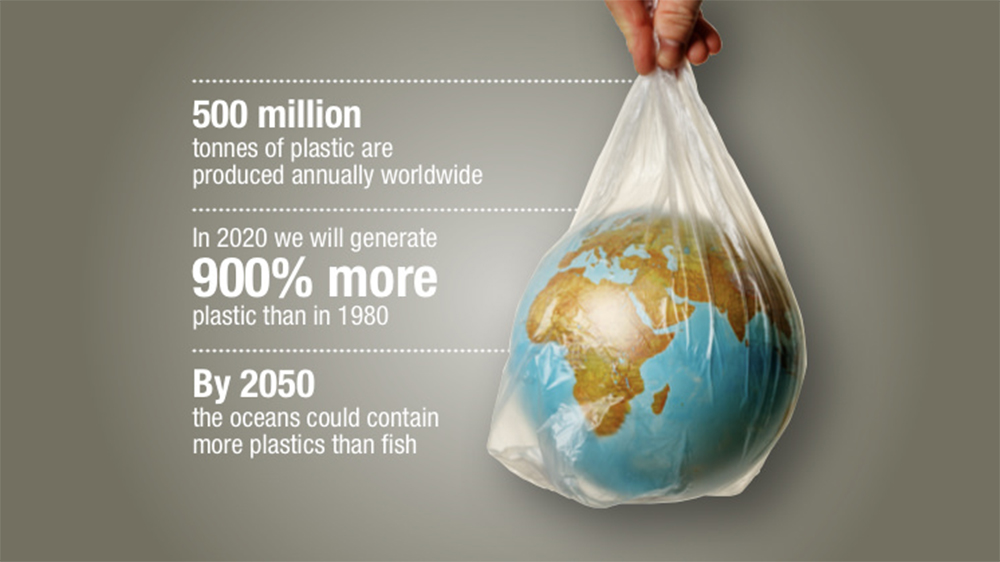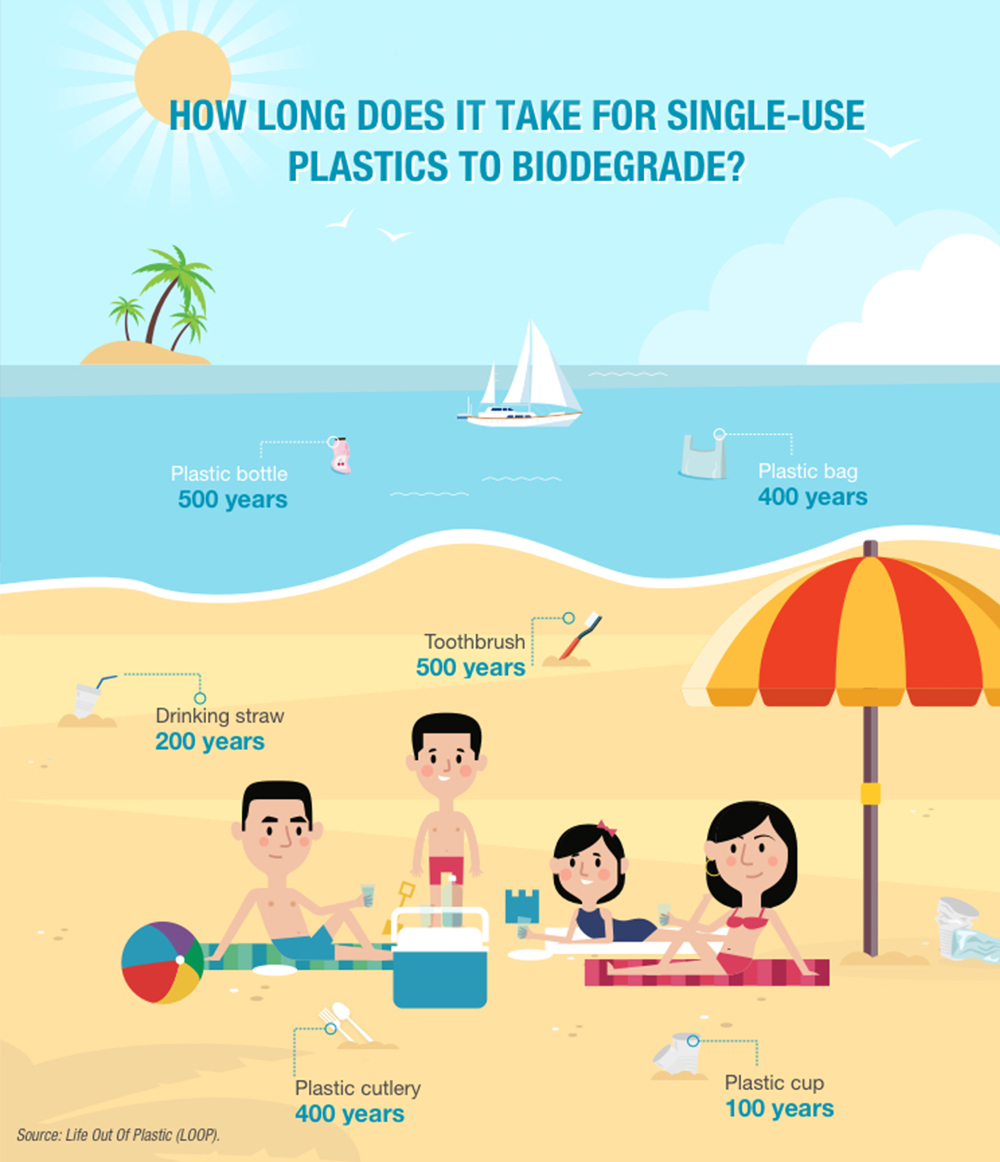Soho Value: RESPECT the Earth
2022-10-21 | Company News
The plastics's invasion of the planet is a reality. Just remember that the plastic waste island floating in the Pacific Ocean now measures 1.6 million km2. If we want to save the planet, the time has come for each and every one of us to take action.

Plastics are now a serious headache for the planet and it is in our hands to reverse this situation.
Plastic has become a constant element in our lives. It's everywhere: product packaging, cosmetic ingredients, textiles, mobile phones, etc. It's even in the chewing gum you might be chewing on right now! Its omnipresence is such that many would find the mere fact of giving it up a difficult task. Reducing the consumption of plastics therefore requires not only a change in habits, but also a change of mindset.
PLASTICS, A GLOBAL PROBLEMThe fact that plastics are now a serious headache for the planet is proved by the fact that more and more governments are proposing measures to reduce their impact on the environment. In fact, in 2021 Europe will ban the sale of single-use plastics such as drinking straws, cutlery or cotton buds within its borders. To put the magnitude of the problem into context, let's review some objective data:
Every year, 500 billion plastic bottles are produced worldwide.*
In 2020 we will generate more than 500 million tonnes of plastic, 900% more than in 1980.*
Plastic in the ocean is already more than 150 million tons of waste.**
By 2050, they could contain more plastics than fish.***
Each year around eight million tons of plastic ends up in our seas and oceans.*
While on the subject of single-use plastics, which account for half of the plastic we use each year, they have an average useful life of 12 to 15 minutes and yet can take up to 500 years to disappear, according to Life Out Of Plastic (LOOP). Plastics outlive us and will outlive our children.

BACK TO THE LIST
Related News
Hotel Industry Trends: Navigating the Future of Hospitality
Shaping the Future of Hospitality: Sustainable, Smart, Personalized.
ESG: The Emerging Competitive Track in the Hospitality Industry
ESG is becoming a strategic must in hospitality. From guest expectations to investor demands, hotels are embracing sustainability to stay competitive in a fast-evolving global landscape.
🎉 Annual Meeting 2025 | Reflect, Recognize, Aspire 🌟
Today, we proudly hosted our annual meeting—a day to reflect on achievements, honor outstanding contributions, and set bold aspirations for the future. ✨ Highlights: Team Recognition: Celebrating the dedication and resilience of our incredible team, with awards for those who went above and beyond. Future Vision: Charting a path focused on growth, innovation, and sustainability, committed to exploring new opportunities and delivering exceptional value. As we look ahead, we’re inspired by our shared vision and the collective strength of our team. Together, we’re ready to reach even greater heights! 🚀

